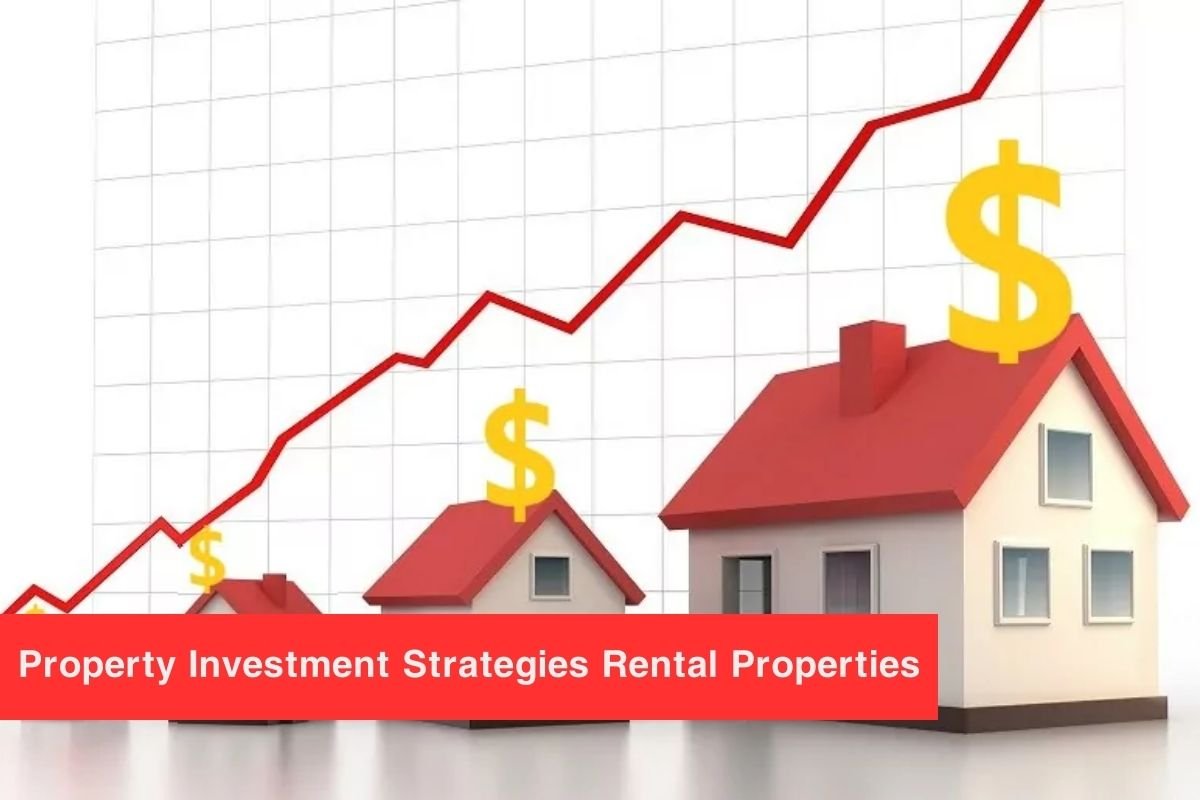Property Investment Strategies Rental Properties vs. Flipping Houses

Property investment can be a rewarding venture, but choosing the right strategy is crucial to your success. In this article, we’ll explore the differences between Rental Properties and Flipping Houses, helping you make an informed decision. Your chosen strategy can significantly impact your income, risk tolerance, and overall investment goals.
Understanding Property Investment
Property investment involves acquiring real estate assets to generate income or profit. The two most common strategies are Rental Properties and Flipping Houses. Each strategy has its unique characteristics and advantages.
Rental Properties
Rental properties are real estate investments where you purchase a property and rent it out to tenants. This strategy offers several benefits:
- Steady Income Stream: Rental properties provide a consistent monthly income, making it a reliable choice for investors looking for stable cash flow.
- Long-Term Appreciation: Over time, rental properties tend to appreciate, which can lead to substantial capital gains.
- Tax Benefits: Rental income often comes with tax advantages, such as deductions for mortgage interest, property management expenses, and depreciation.
Despite these advantages, rental properties come with their own set of challenges. Property management, tenant selection, and market research are critical to success. Managing tenants, handling property maintenance, and understanding local real estate markets require time and effort.
Flipping Houses
House flipping, on the other hand, involves purchasing properties intending to renovate and sell them quickly for a profit. The following are the best advantages:
- Short-Term Profit Potential: House flipping can lead to substantial profits in a relatively short period, making it appealing for investors seeking quick returns.
- Creative Control: Flippers can design and renovate properties to maximize their appeal, potentially increasing the resale value.
- Value-Add Opportunities: By improving the condition and appearance of a property, flippers can significantly increase its value.
However, house flipping has its share of challenges, too. It typically requires a significant upfront investment for property purchase and renovations. Timing the market correctly is crucial, as market conditions can impact the potential profit. Moreover, renovation costs can sometimes escalate beyond the initial estimates.
Factors Influencing Your Choice
Selecting the right property investment strategy hinges on various factors:
- Personal Goals: Your investment goals, whether long-term wealth building or short-term profits, will influence your choice.
- Risk Tolerance: Consider your comfort level with risk. Flipping houses tends to be riskier due to their short-term nature and the unpredictability of the real estate market.
- Financial Capacity: Assess your financial resources and determine which strategy aligns with your budget.
Market Conditions
The state of the real estate market can significantly affect your choice of strategy. In a seller’s market with rising property values, flipping houses may yield quick and substantial profits. In contrast, a buyer’s market may favour rental properties, offering opportunities for income stability and long-term appreciation.
Time Commitment
Consider the time you’re willing to invest. Rental properties require ongoing management and maintenance, while house flipping demands intense, short-term commitment.
Security Measures
A wise person would never compromise on the safety of their employees, their construction site, or its property. To ensure your construction site is secure, you need to install security cameras. We got you covered on this. Install security cameras for construction site today and reduce your risk of theft and vandalism.
Case Studies
Let’s examine a couple of real-life case studies to illustrate the differences between these two property investment strategies:
Case Study 1: Rental Properties
John, an investor looking for a long-term income stream and retirement security, chose the rental property strategy. He purchased a multi-unit apartment building in a stable neighbourhood. With careful tenant screening, John has enjoyed a steady monthly income. Over the years, his property’s value has appreciated, making it a reliable long-term investment.
Case Study 2: Flipping Houses
Sarah, a real estate enthusiast with a background in construction, decided to flip houses. She purchased a run-down property in an up-and-coming neighbourhood, renovated it meticulously, and sold it for a significant profit within a year. Sarah’s creative skills and market awareness enabled her to capitalize on this short-term opportunity.
These case studies highlight how the right strategy can lead to success based on individual goals and circumstances.
Investment Tips
Regardless of your chosen strategy, here are some valuable tips to consider:
- Thorough Research: Invest time in understanding the local real estate market, property values, and rental demand or resale potential.
- Comprehensive Investment Plan: Create a detailed plan that includes budgeting, timelines, and exit strategies.
- Professional Network: Build a network of professionals, including real estate agents, contractors, and property managers, to support your investment journey.
Conclusion
In the world of property investment, choosing between Rental Properties and Flipping Houses is a decision that should align with your investment goals and resources. Your choice will significantly impact your income, risk, and long-term prospects. Remember that there’s no one-size-fits-all strategy. Personalization and careful consideration are key to successful property investment.
Whether you opt for steady rental income or quick flipping profits, both strategies can be lucrative when executed effectively. Your choice ultimately depends on your unique financial situation and investment objectives.
Before you embark on your property investment journey, weigh the pros and cons of each strategy and conduct thorough research to make an informed decision. Property investment can be a rewarding path to financial success, but the key to your success lies in your chosen strategy.






